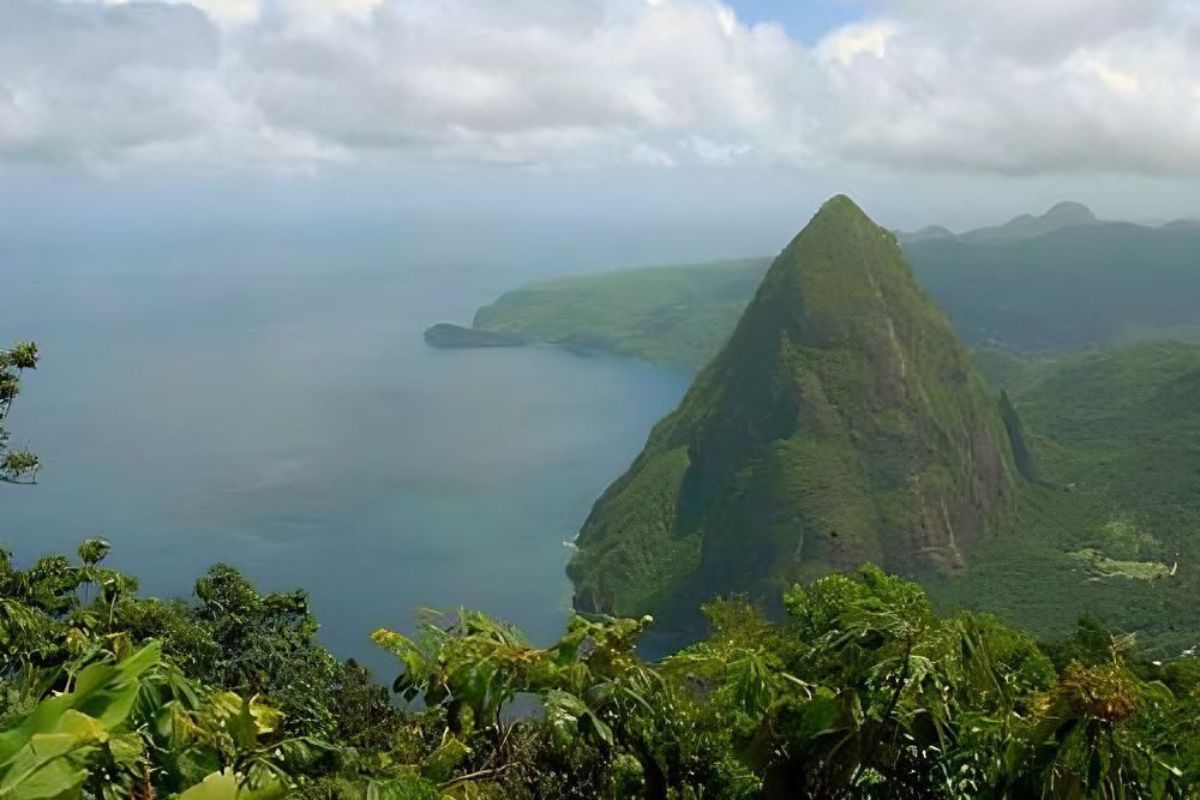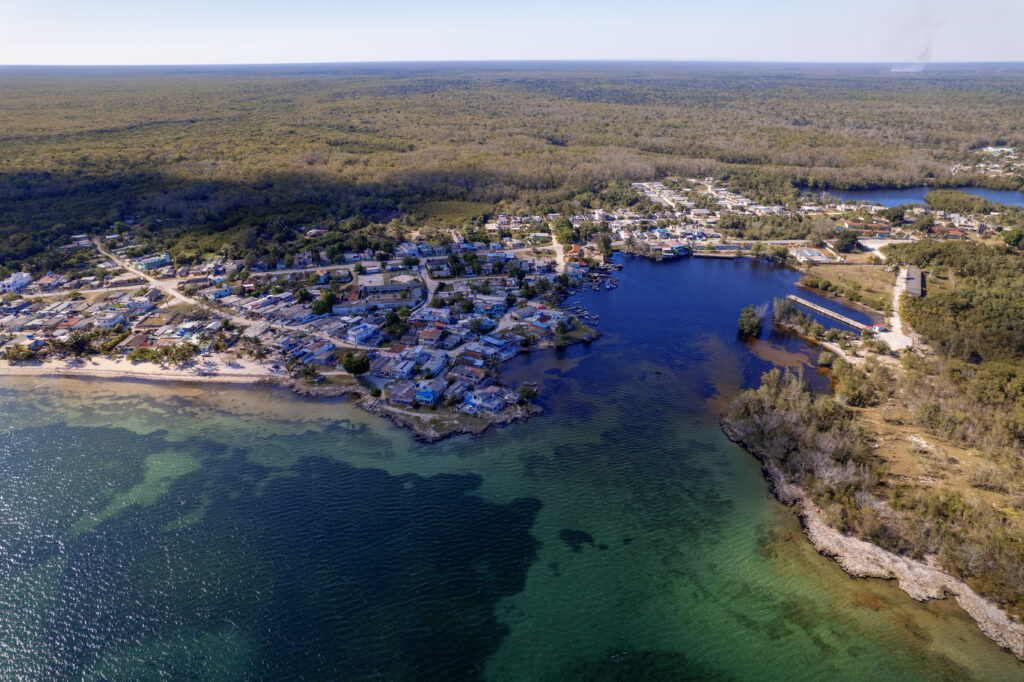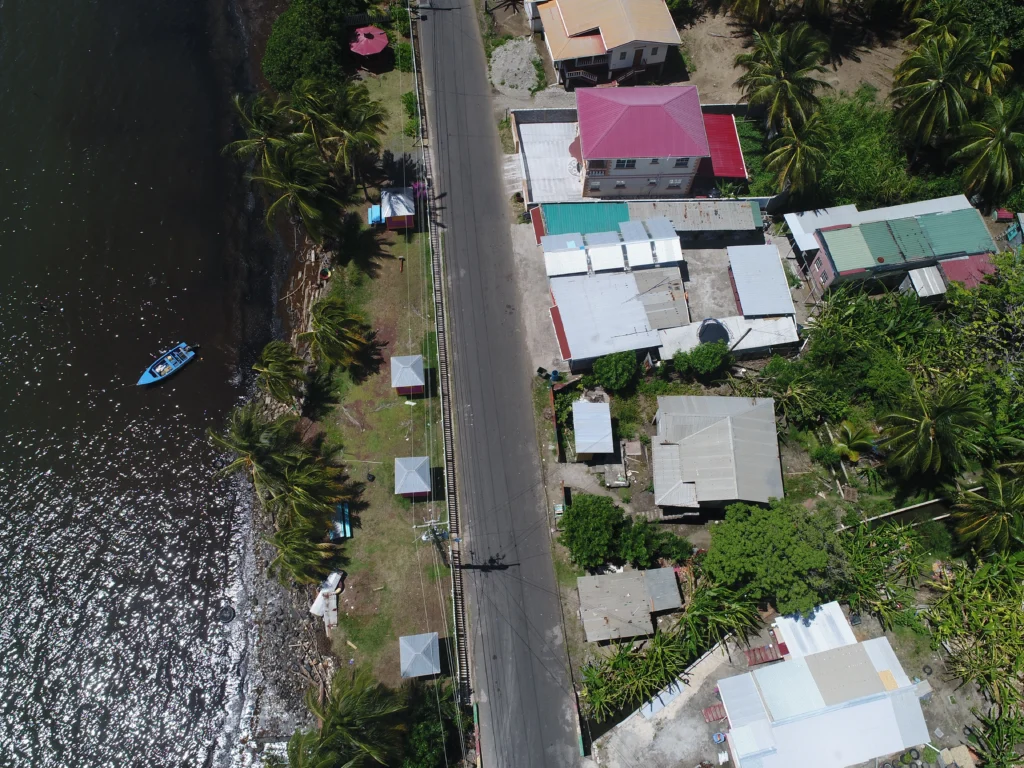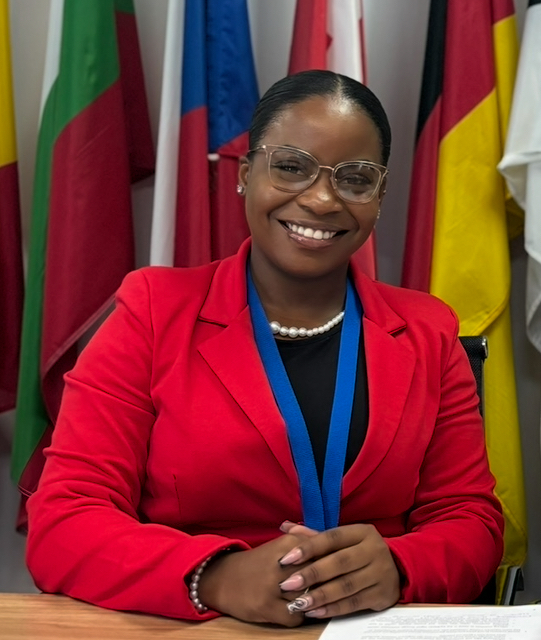The CBF commissioned a study to identify the financial needs of four selected Caribbean countries (Antigua and Barbuda, Dominican Republic, Saint Lucia and Saint Vincent & the Grenadines) to meet the 20-by-20 goal of the Caribbean Challenge Initiative (CCI) – “To effectively conserve and manage at least 20% of the marine and coastal environment by 2020.”
To meet the goal, Antigua and Barbuda, Saint Lucia and Saint Vincent & the Grenadines have to expand their current declared marine protected areas (MPAs) by two to four times. The Dominican Republic has already exceeded the 20% of the territory under protection.
The methodology used to assess the financial needs was participative. From the beginning of the process, managers or supervisors and government agencies involved in the management of MPAs actively participated in all decisions related to the choice of sample sites, numbers, costing, revenue schemes to be adopted and steps to move forward. They also proposed strategies to achieve effective management. Egide Cantin, the consultant in charge, provided guiding criteria on what effective management should include.
Key Findings
The study confirmed important shortfalls per year in recurrent costs in three of the four studied countries. The recurrent cost shortfalls were estimated at:
- US$5.95 million for Antigua and Barbuda;
- US$7.18 million for St Vincent & the Grenadines; and
- US$2.74 million for Saint Lucia.
In the case of the Dominican Republic, there was no shortfall calculated due to limited data.
It also found that the cost (per km2) of effectively managing small protected areas was much higher compared to that of larger areas. As a result, the study recommends taking a closer look at current plans for expanding PA systems in the region to consider the sizes and overall cost for the effective management of the entire Protected Area System.
Besides estimating the shortfalls in recurrent costs per year, the research estimated that the minimum investment cost (costs that are made once to structure the MPA) needed to achieve the CCI 20-by-20 goal for each country would be approximately:
- US$11.22 million for Antigua and Barbuda;
- US$3.6 million for Dominican Republic;
- US$14.9 million for St Vincent and the Grenadines; and
- US$4.7 million for Saint Lucia.
After discussing potential sustainable finance mechanism schemes, stakeholders in each country agreed that a mandatory visitor’s contribution was most likely the best option to substantially reduce these shortfalls. However, stakeholders also acknowledged that establishing such fees could be a potentially long process requiring significant political negotiation.
Recommendations
Coupled with this or another sustainable finance mechanism, cost reduction is the best long-term financial strategy at this stage for Antigua and Barbuda, Saint Lucia and Saint Vincent and the Grenadines as they have to respectively double, triple and quadruple the current size of their MPAs to reach the 20% conservation goal.
To lower the shortfall and consequently reduce the financial gap, the following strategies are proposed:
- Merge current small areas into contiguous larger managed protected areas. Another option is to combine current and future small areas among themselves to form a larger area under one Management Unit;
- Commission an ecological footprint study to determine priority areas for conservation for the expansion of MPAs to reach the 20% goal and a zoning planning process to create larger conservation areas with multiple uses;
- Create a lean PA coordination unit that ensures the coordination of each country’s PA system and offers technical and scientific services to all PAs. This could be an existing or a new organization and should include the government and non-government lead agencies involved in managing PAs in their respective country.






